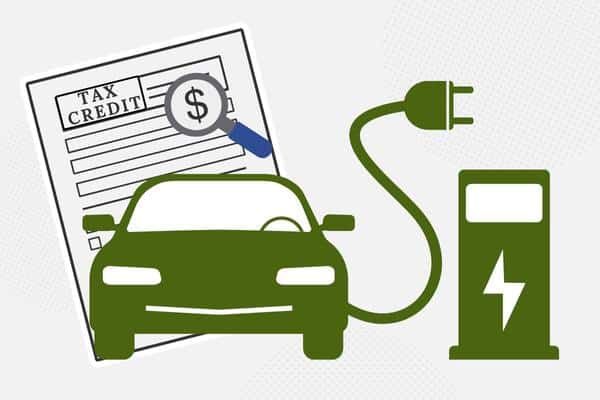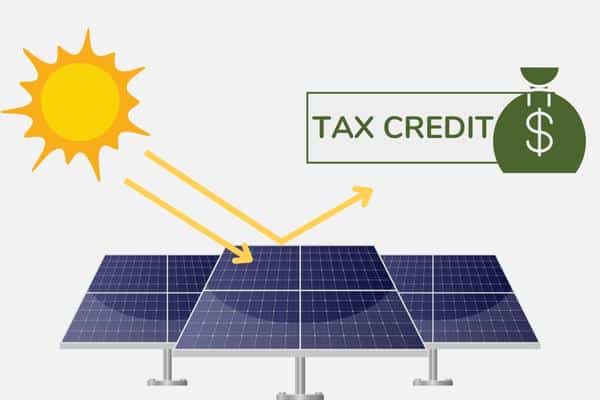The recent passage of the Inflation Reduction Act has brought about several changes related to the electric vehicle (EV) tax credit and qualification for the credit. (This impacts solar energy credits as well.) Noteworthy changes include where the vehicle was produced, income limitations, and caps on vehicle cost.
What is the Electric Vehicle Tax Credit?
The electric vehicle (EV) tax credit is a federal program that allows for up to a $7,500 credit on your tax return when purchasing a new electric vehicle through 2032. That credit remains in place as is. However, the Inflation Reduction Act added another credit starting in 2023 that supports those purchasing used electric vehicles. This new provision allows a credit of up to $4,000, or 30% of the sale price, as long as you haven’t bought another used EV in the previous three years. The used vehicle must be at least two years old, purchased from a dealership, and cost no more than $25,000. Beginning in 2024, the amount of the tax credit would be able to be applied as a discount directly at the time of purchase from a dealer.
New Rules and Qualifications
As of August 16, 2022, any 2022 or newer electric vehicle you purchase must be assembled in North America to qualify for the tax credit. You can visit https://vpic.nhtsa.dot.gov/decoder/ to confirm if a specific vehicle meets the qualifying assembly criteria. You can also see a list of eligible vehicles here.
Beginning January 1, 2023, there will be price caps imposed on new vehicles to qualify for the tax credit. If you purchase a car, the price limit will be $55,000 and if you purchase an SUV or truck, the price limit will be capped at $80,000 to be eligible. This is something to take into consideration if you are purchasing an electric vehicle and the price is near these price points. The potential loss or gain of the credit should factor into your decision-making.
Income limitations may also play a role in your decision to purchase a new electric vehicle. Your modified adjusted gross income must be below $150,000 for single filers and $300,000 for joint filers to qualify. For the used vehicles, the income limit is $75,000 for single filers and $150,000 for joint filers.
Potential Solutions
If your income is near the maximum threshold to qualify for a federal subsidy, you may consider options to reduce your taxable income. Some of these options include:
- Increasing your 401k contributions.
- Contributing to a Health Savings Account (HSA) if your healthcare plan allows it.
- Realizing investment losses (limited to a $3,000 offset to income)
- Making qualified charitable contributions if you are subject to required minimum distributions (RMDs).
If you are considering an electric vehicle purchase, we advise speaking with your financial advisor and accountant to evaluate options and consider what may be best for your particular situation. SageVest Wealth Management advisors follow a true wealth management approach that integrates your investment and broader financial decisions under one roof. Contact us today to see how this cohesive structure allows all the elements of your finances to work together.




